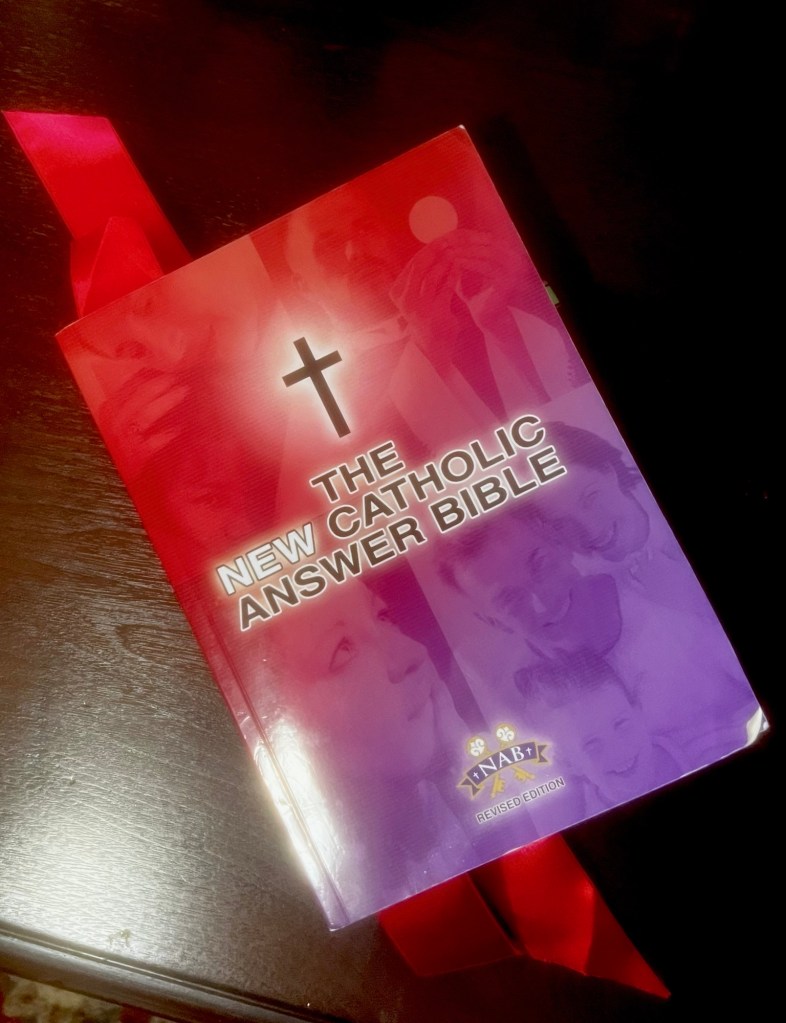How much easier life might have been had I let the inner child lead me- the inner child who was once so close to God. If I had, perhaps I would have chosen the right path. My life may have been simpler, and certainly sweeter.
But, I didn’t. I took the long way around. And, in doing so, neglected the most important part of me.
Here’s the thing (and I don’t know why this isn’t emphasized to us as children): not only are we born with a soul, we are meant to protect it. When we choose rightly- as God would have us choose- we nourish the soul. But when we turn away and choose poorly, choosing what is not of God, we not only distance ourselves from Him, we harm our soul.
In OCIA, I learned that harm to the soul is taken seriously because the soul is the part of us that lasts forever. It is created by God and meant for eternal life with Him- not something to be neglected or damaged. The evening we discussed this, I realized that all those years I chose to do what I wanted- outside of what God wanted- had led me down a longer road of unhappiness. And that night, I understood that focusing on myself, rather than on what is true and good, was the reason I had made far too many mistakes.
Luckily, Catholics believe the soul can be wounded, but never ruined; that healing begins with honesty and the courage to turn back toward God; and that through forgiveness and grace, what was broken is gently restored and the soul is made new again.

#Catholic
#ElizabethMozleyPartridge
#WeShareTheSameSky
